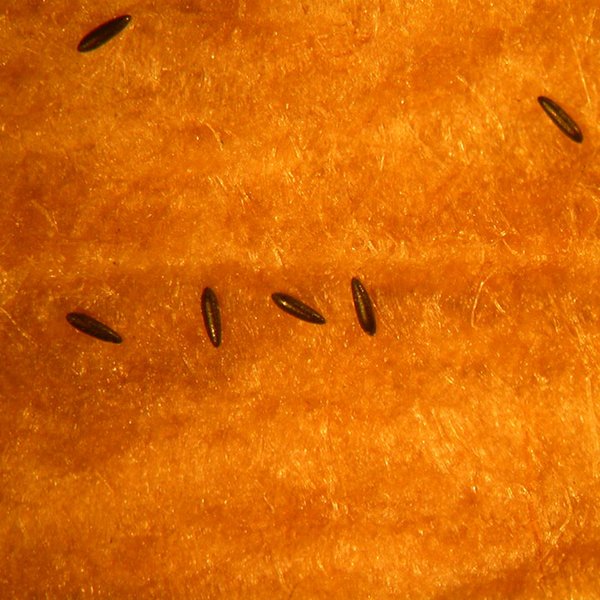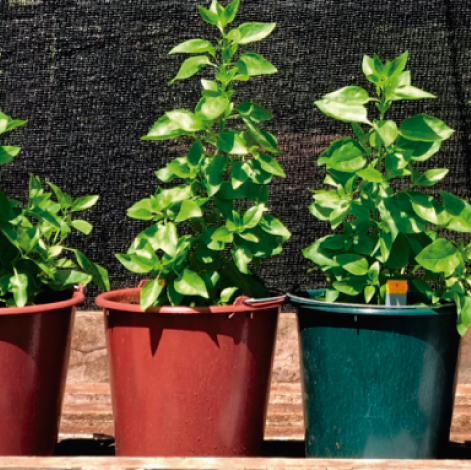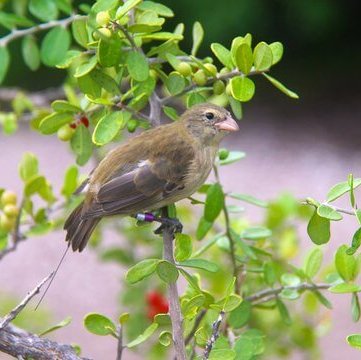Results
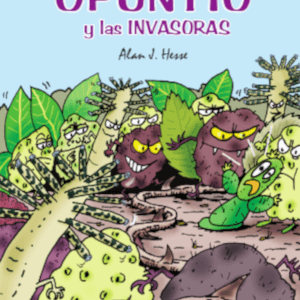
Engaging book for kids about invasive plant species in Galapagos.
- Date:
- 2011
- Language:
- Spanish
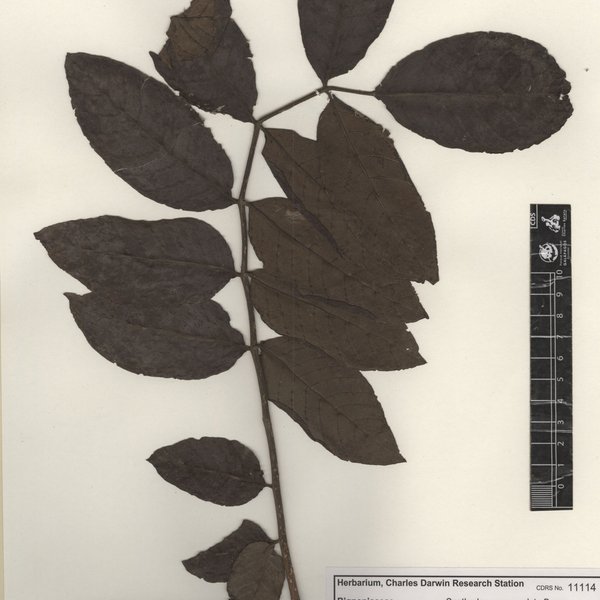
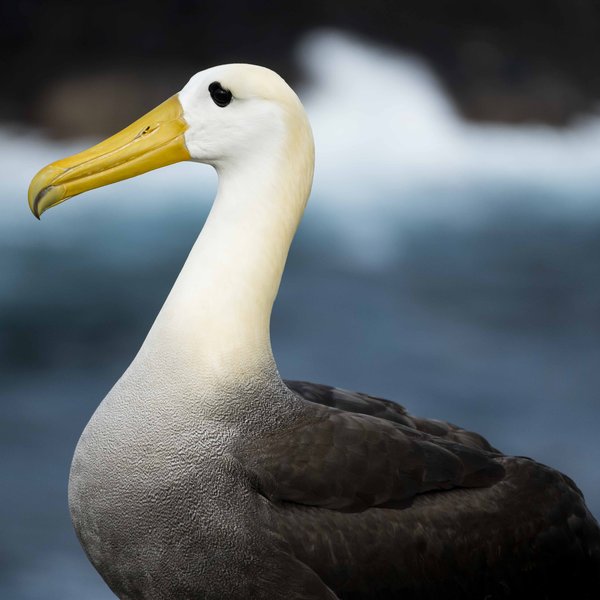

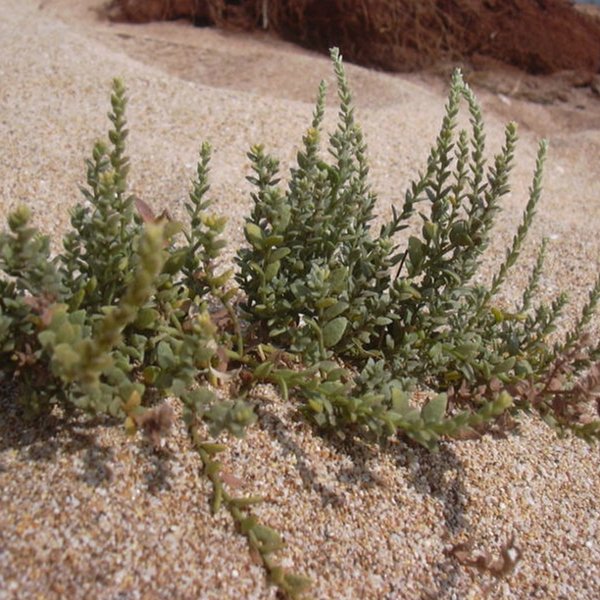
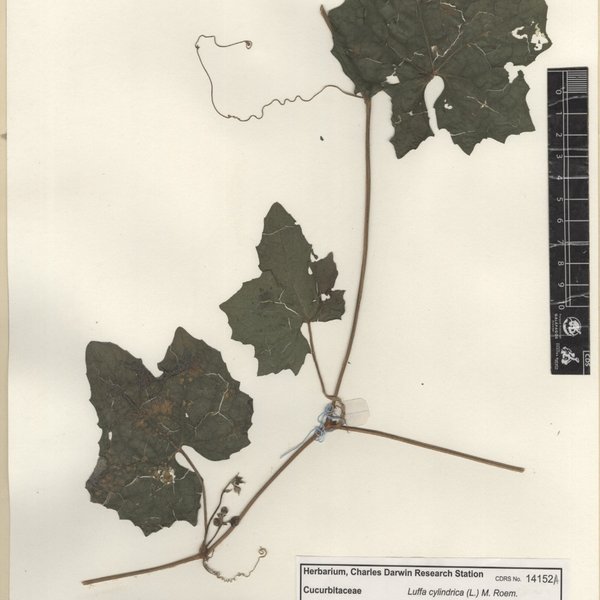



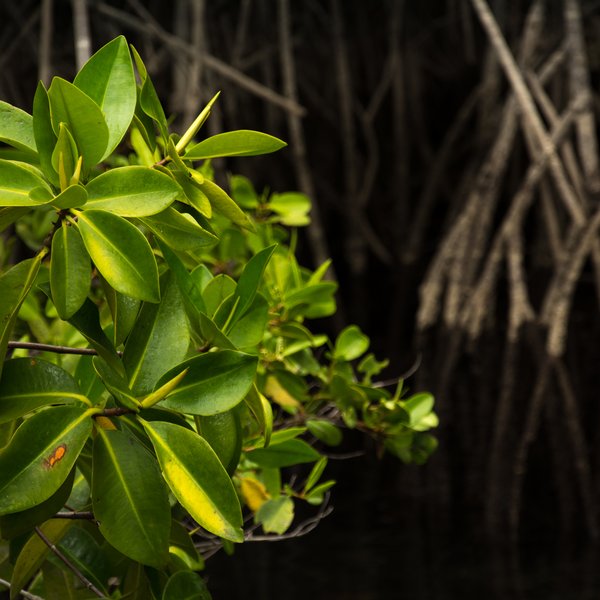
Mangroves in Galapagos provide important habitat for endemic and threatened species, offer essential ecosystem services like carbon sequestration, and support the well-being of local communities through tourism and fisheries. Despite their importance and pristine condition, these mangrove ecosystems and their potential for climate mitigation remain understudied.

Mangroves in Galapagos provide important habitat for endemic and threatened species, offer essential ecosystem services like carbon sequestration, and support the well-being of local communities through tourism and fisheries. Despite their importance and pristine condition, these mangrove ecosystems and their potential for climate mitigation remain understudied.
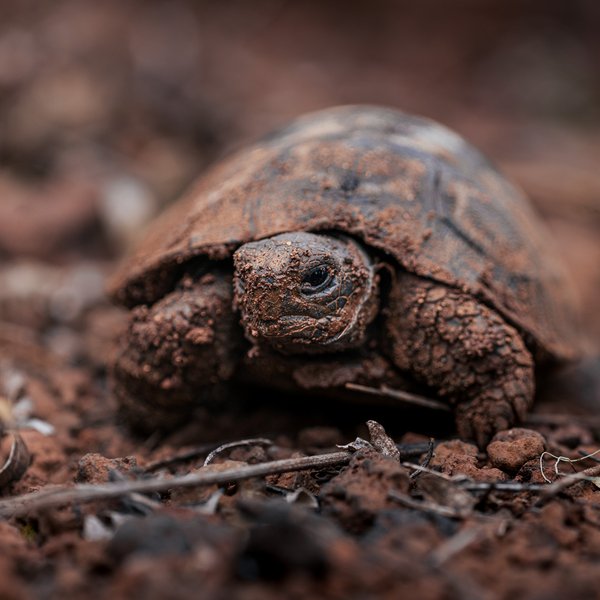
By adopting a Galapagos giant tortoise, you will contribute to our research and outreach activities related to various tortoise species. The Galapagos tortoises have become threatened largely due to habitat change and fragmentation, climate change, diseases, and introduced species. The Charles Darwin Foundation leads a multi-institutional project that aims to determine movement behavior, assess health, and describe the ecological role of tortoises in the Galapagos ecosystems.

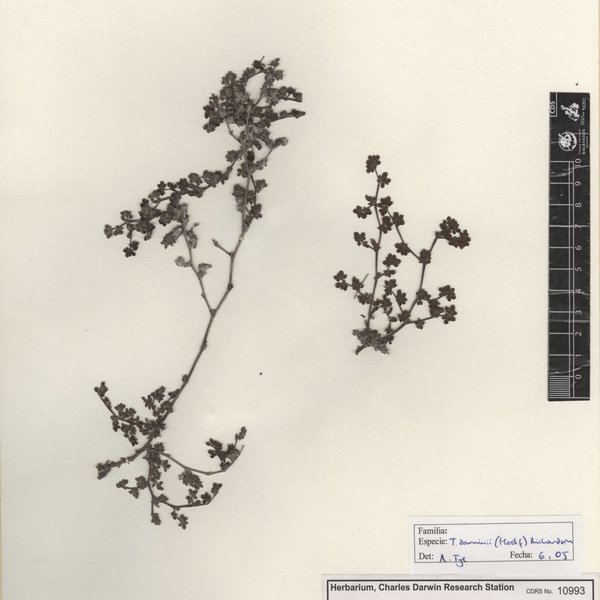

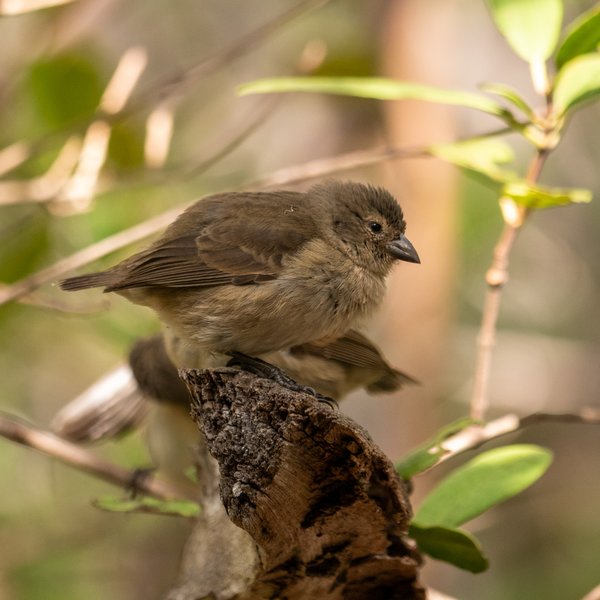
Galápagos landbirds soar to new heights.
This year’s breeding season brought record success for the Little Vermilion Flycatcher and cautious hope for the Critically Endangered Mangrove Finch. Discover how science, habitat restoration, and innovation are reshaping the future of Galápagos birds—and why this season marks a breakthrough in conservation.

This year’s breeding season brought record success for the Little Vermilion Flycatcher with 39 fledglings, while the Critically Endangered Mangrove Finch continues to be a conservation priority. Discover how science, habitat restoration, and innovation are reshaping the future of Galápagos birds—and why this season marks a breakthrough in conservation.
